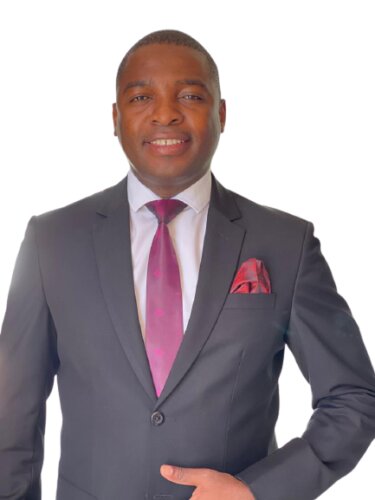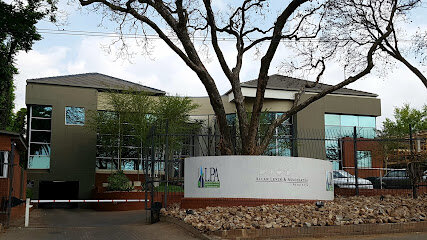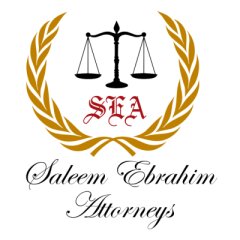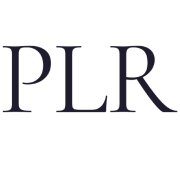Best Drunk Driving Lawyers in South Africa
Share your needs with us, get contacted by law firms.
Free. Takes 2 min.
Or refine your search by selecting a city:
List of the best lawyers in South Africa
About Drunk Driving Law in South Africa
Drunk driving in South Africa is a significant concern due to the high rates of road accidents and fatalities associated with alcohol consumption. The law is clear and strict, aiming to reduce these incidents. Drunk driving is defined as operating a vehicle while under the influence of alcohol, which impairs one's ability to drive safely. The legal blood alcohol concentration (BAC) limit is 0.05% for regular drivers and 0.02% for professional drivers. Violation of these limits may result in severe penalties, including fines, imprisonment, and license suspension.
Why You May Need a Lawyer
If you are charged with drunk driving, having a lawyer can be crucial for several reasons. A lawyer can assist in navigating the legal system, which can be complex and intimidating for those unfamiliar with it. They can negotiate plea deals, which might result in reduced charges or penalties. In cases where penalties are severe, such as imprisonment, losing your driving license permanently, or high fines, a lawyer may help in presenting a defense or mitigating factors that could help reduce these penalties. Additionally, if there are discrepancies in how the BAC test was conducted or other procedural errors, a lawyer can help identify these issues.
Local Laws Overview
In South Africa, the National Road Traffic Act is the primary legislative framework governing road safety, including drunk driving. Key aspects include:
- Legal Limits: The legal BAC limit is 0.05% for general drivers and 0.02% for professional drivers.
- Testing Procedures: Law enforcement has the authority to conduct breathalyzer tests or blood tests to determine BAC.
- Penalties: Offenders may face fines, imprisonment up to six years, and driver's license suspension or cancellation.
- Zero Tolerance for Minors: There is a zero-tolerance policy for drivers under the age of 18.
- Vehicle Impoundment: In some cases, authorities can impound the vehicle of a repeat offender.
Frequently Asked Questions
What happens if I refuse a breathalyzer test?
Refusing a breathalyzer test can lead to immediate arrest and charges, as it is considered a violation of the National Road Traffic Act. The authorities may also use other evidence to build a case against you.
How is "driving under the influence" legally defined?
Driving under the influence is defined as operating a vehicle while your ability to drive is impaired by alcohol, causing you to have a BAC exceeding the legally permissible limit.
What are the potential penalties for a first-time offender?
A first-time offender may face a fine, imprisonment for up to six years, and a possible suspension of their driver's license.
Can I contest a drunk driving charge?
Yes, you can contest a drunk driving charge. Hiring a legal attorney can help you identify potential defenses, such as improper testing procedures or inaccuracies in BAC readings.
Does a drunk driving charge affect my criminal record?
Yes, a conviction for drunk driving will result in a criminal record, which can have long-term implications for employment and travel.
Is there any way to avoid imprisonment for drunk driving?
In some cases, legal representation may help mitigate penalties. Alternative sentencing options like community service or rehabilitation programs could be considered.
How long does a typical drunk driving case last in court?
The duration of a drunk driving case can vary significantly, depending on the complexity of the case and court schedules. It could last several months or longer.
What are my rights during a drunk driving stop?
You have the right to remain silent and the right to legal representation. It is important to comply with lawful requests but remember you do not have to incriminate yourself.
Can a professional driver lose their license for a first-time offense?
Yes, professional drivers face stricter limits and penalties and may lose their license even if it's their first offense if they exceeded the BAC limit of 0.02%.
Are there different penalties for high-BAC levels?
Yes, higher BAC levels can result in more severe penalties, including longer imprisonment terms and higher fines.
Additional Resources
For additional support and information, consider reaching out to the following resources:
- The South African Police Service (SAPS) for legal procedures and your rights (General hotline: 10111)
- South African Legal Aid for free or affordable legal services
- The Department of Transport for information on road safety and traffic laws
- Arrive Alive Campaign for educational resources regarding drunk driving
- Consult the Road Traffic Management Corporation (RTMC) for specific traffic regulations
Next Steps
If you are facing a drunk driving charge and need legal assistance, consider the following steps:
- Consult with a reputable attorney specializing in drunk driving cases for preliminary advice.
- Prepare all relevant documentation related to your case, such as the incident report and any correspondence received from authorities.
- Attend any scheduled court appearances and comply with all legal instructions provided.
- If eligible, explore free legal aid services for support.
- Participate in educational and rehabilitative programs, which may positively influence your case outcome.
Lawzana helps you find the best lawyers and law firms in South Africa through a curated and pre-screened list of qualified legal professionals. Our platform offers rankings and detailed profiles of attorneys and law firms, allowing you to compare based on practice areas, including Drunk Driving, experience, and client feedback.
Each profile includes a description of the firm's areas of practice, client reviews, team members and partners, year of establishment, spoken languages, office locations, contact information, social media presence, and any published articles or resources. Most firms on our platform speak English and are experienced in both local and international legal matters.
Get a quote from top-rated law firms in South Africa — quickly, securely, and without unnecessary hassle.
Disclaimer:
The information provided on this page is for general informational purposes only and does not constitute legal advice. While we strive to ensure the accuracy and relevance of the content, legal information may change over time, and interpretations of the law can vary. You should always consult with a qualified legal professional for advice specific to your situation.
We disclaim all liability for actions taken or not taken based on the content of this page. If you believe any information is incorrect or outdated, please contact us, and we will review and update it where appropriate.
Browse drunk driving law firms by city in South Africa
Refine your search by selecting a city.

















